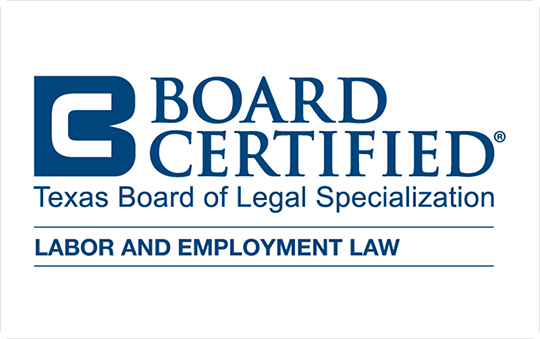Regular Rate of Pay: Broader Exclusions
The Fair Labor Standards Act (FLSA) is the federal law addressing pay. The FLSA generally requires that covered, nonexempt employees receive overtime pay of at least one and one-half times their “regular rate” of pay for any hours worked more than 40 hours per workweek. An employee’s regular rate includes all remuneration for employment, subject to exclusions. Regular rate requirements define what forms of payment employers include and exclude in the “time and one-half” calculation when determining employees’ overtime rates.
New rules offer clarification on what employers may exclude from the regular rate of pay calculation. Employers may exclude from an employee’s regular rate of pay:
- The cost of providing certain parking benefits, wellness programs, onsite specialist treatment, gym access and fitness classes, employee discounts on retail goods and services, certain tuition benefits, and adoption assistance;
- Payments for unused paid leave, including paid sick leave or paid time-off;
- Payments of certain penalties required under state and local scheduling laws;
- Reimbursed expenses including cell phone plans, credentialing exam fees, organization membership dues, and travel, even if not incurred “solely” for employer’s benefit;
- Certain sign-on bonuses and certain longevity bonuses;
- The cost of office coffee and snacks to employees as gifts;
- Discretionary bonuses, by clarifying that the label given a bonus does not determine whether it is discretionary; and
- Contributions to benefit plans for accident, unemployment, legal services, or other events that could cause future financial hardship or expense.
The new rule is designed to clarify for employers and employees which perks and benefits are included in the regular rate of pay and which perks and benefits are excluded in the regular rate of pay calculation. The new rule was effective on January 15, 2020 and allows employers to offer perk and benefits more easily to their employees.
Questions?
Contact Glavy Law for answers on the new wage and hour rules.










